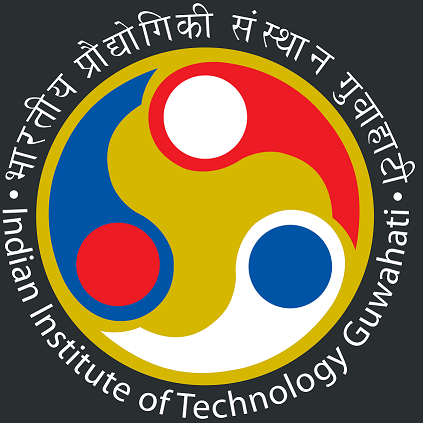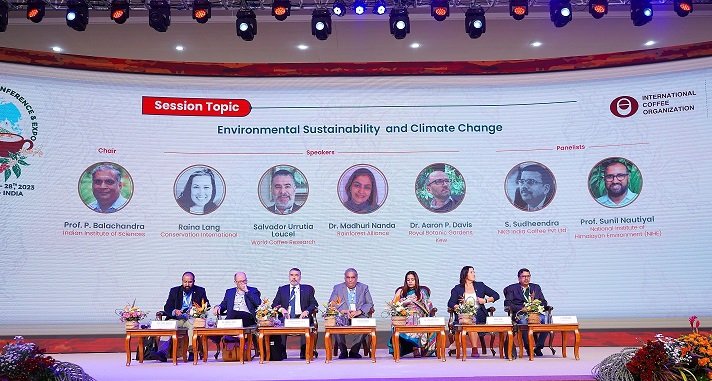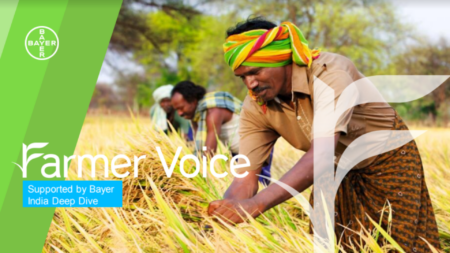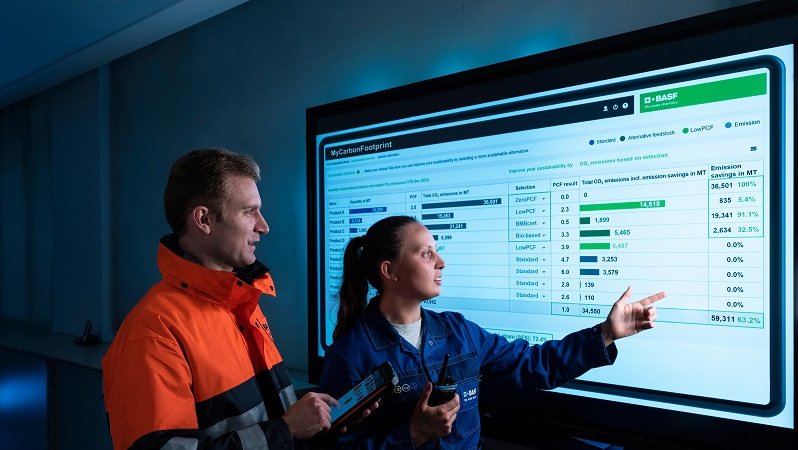The CEOs and Global leader’s forum at the 5th World Coffee Conference has stressed on adapting and embracing new policies at the core of their businesses to achieve a sustainable circular economy through regenerative agriculture and recycling models for the coffee production sector globally.
Taking part in the second day of the plenary session on the topic of “Circular Economy and Regenerative Agriculture Perspective for Global Coffee sector at Bengaluru Palace in Bengaluru City, lead speakers like Professor Gunter Pauli, Father of Blue Economy concepts, who is also an entrepreneur and author, stressed on abiding ‘ethics’ for the global industry to build policies at the core of their businesses that enables them to achieve ‘Zero’ waste, Zero emission and Zero accidents globally. He further stressed on the need for building Green Factories, that will help build a circular and a sustainable regenerative economy, that not just enables entrepreneurs to gain profits, but at the same time, help sustain the entire supply chain ecosystem, benefiting all stakeholders right from the farmers, industries and end consumers.
Expressing his concern on how the policy makers and industrialists are postponing the target of achieving zero emission to year 2050, Professor Gunter Pauli observed that it is lack of seriousness and lack of ethics on the part of the implementers who are postponing it to 27 years later. “Unmindful of harsh climate change, the policy makers and implementers of it seem to be least concerned about earth’s changing environment. It clearly depicts their lack of ethics. I stress that the new entrepreneurs, to achieve a sustainable circular economy, not just in the Coffee sector, but even elsewhere in other industrial sectors must first focus on remodelling their businesses by imbibing ethics in their policies. This will automatically pave the way for a resourceful, liveable planet for all, with equitable livelihoods,” said Professor Pauli, during his address at the 5th WCC in Bengaluru.
Apart from Professor Gunter, other lead speaker Michelle Burns, Executive Vice President- Global Coffee, Social Impact & Sustainability, Starbucks, spoke on the need for a holistic approach and stressed on the need for working with farmers to help them train on the soil, fertilizers and water management by adapting innovative techniques and new technology that will enable them to achieve good coffee seed harvest even in tough climatic conditions.
“For initiating and scaling up the regenerative agriculture in coffee sector we give more stress on holistic approach right from farmers awareness, enhancing production, protecting the environment, research and development, improving quality and looking forward for increasing partnerships will all like-minded people that will enable to sustainable growth,” observed the Starbucks Global VP.
Another speaker Harald Friedl, CEO, Green Leadership (Netherlands) highlighted that amongst all the industries only 7 per cent are adopting the circular economy model, while more than 90 per cent are wasting their valuable resources. Suggesting how the Coffee sector can adopt a circular global economy said that entrepreneurs and policy makers must learn lessons from other industries like food and cement. While many of these sectors have conceptualized to adapt to a circular sustainable regenerative economy, they have failed to implement the actions. “In my view 80 per cent policy makers are only talking, while only 20 per cent are implementing their concepts. It is high time we reverse this trend and talk less and implement more to achieve a robust sustainable circular economy across the globe,” noted Dr. Friedl.
Adding further he said the majority of businesses are functioning in a linear economy model of ‘Taking-Making-Using and Throwing the waste byproducts. He stressed that this needs to be changed and entrepreneurs must at least move from linear to a recycling economic model of their businesses. “It is high time we must move from linear to recyclable, to a sustainable regenerative circular economic model, wherein we not just take the resources, make products use them, but at the same time recycle the waste bi-products and bring them to useful functionality by adding value to it,” he added.
Stressing further to attain a circular regenerative sustainable economic model Dr Friedl felt there is a need for increasing investment in new technologies and promoting innovative ideas. Apart from countries from the African Continent, India is also stepping in to implement the circular economy. For the Coffee sector it is high time that entrepreneurs must come up with Paradigm shift initiatives. The coffee sector players need to embrace new operating systems by bringing fundamental changes and unlocking new values in their companies and truly design products that the word ‘waste’ should not be found in the future.
Mario Cerutti, Chief Institutional Relations & Sustainability Officer at Lavazza Group Turin, Piedmont (Italy) stressed on the need for creating more knowledge and new insights in the Coffee sector. He stressed that it is time not just move from linear business model to circular but it should be accelerated by fostering partnerships, signing MoUs, sharing data, knowledge and ideas on how to achieve a circular economy with a regenerative sustainable growth. The speaker highlighted the need for the growers, R&D scientists, investors and policy makers to come together to convene, share information and build robust long sustainable economic models with a win-win situation for all stakeholders.
Another key speaker Hernan Mason, Head- Inclusive Agribusiness Systems, International Trade Centre (ITC) (Switzerland) spoke on the issue of food insecurity, value addition, enhancing income. He observed that only 34 per cent of the entrepreneurs are aware of the idea of a circular economy, while a much smaller portion of the same are implementing their ideas. He stressed that adaptive climate change initiatives must be embraced with lowering of production costs.
Andrea De Marco, Project Manager, United Nations Industrial Development Organization (UNIDO) (Austria) highlighted the strong need for public private partnerships for achieving a global circular sustainable economy for businesses. Apart from taking up climate change resilient initiatives Andrea stressed on the need for pushing more technical projects and supporting technology programs by mobilizing funds and resources at a global level.
The CEOs and Global leader’s forum at














